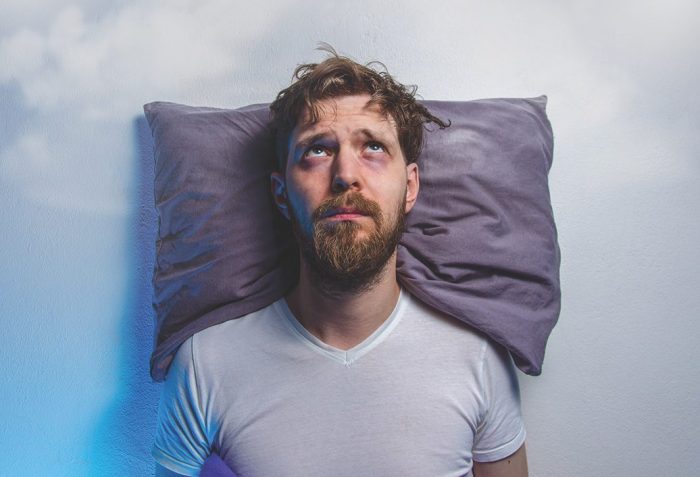By Leah S. Dunaief

Have you been waking up thinking at night? There is so much to think about, even to be deeply concerned about. There is COVID-19, of course. No one wants to get the disease, and if you already had it, you don’t want to get it again, as some people reportedly have. You also don’t want any of the long-hauler symptoms to afflict you: fatigue, brain fog, aches and pains, trouble breathing, dizziness, headache, and at least nine more on a reported list. In fact, the list is so comprehensive, it’s enough to give you anxiety, especially if you already have had the illness. Oh yes, and anxiety is also one of the symptoms.
Then there is the Ukraine. Normally a country that was somewhere in Eastern Europe, in the same general area as “Fiddler on the Roof,” now its whereabouts as Russia’s western neighbor are known around the world. We watched as Putin sent more than 100,000 soldiers to overrun its borders. Poor little Ukraine, horrid bully Russia. We are sending them an unprecedented amount of money and military aid, and we have lowered our national oil and gas supplies. Will we have enough resources if we are attacked? Even as we cheer the valiant resistance and success of the victims of naked aggression, we worry about Putin’s possible use of nuclear arms. He has over 2000 small such weapons, apparently, and it’s the Cold War all over again.
The problem of immigration was brought right to our door with the arrival of immigrants sent by southern governors of border states. They have been literally deposited here by the thousands via buses, and they have been humanely received, if we are to accept what we are told by the media. As I have written in this column before, they can represent an opportunity as well as a challenge for areas in need of Help Wanted. Indeed, I am now reading that some of the immigrants are put to work cleaning up the devastation wrought by hurricane Ian in Florida. They are even being sent back down there to help. Who knows what to believe?
If you are going into New York City, how likely are you to ride the subway? The reports of incidents underground are frightening. So are horrible, unprovoked attacks on the streets. Now, I grew up in the city, and I am used to all sorts of miserable statistics concerning crime there, but I somehow never felt fearful. With some eight million people, crime is unfortunately inevitable. And NYC isn’t even statistically the worst. New Orleans is. But somehow, these recent incidents seem more violent.
Climate change has finally penetrated national conversation. The destruction and deaths in Puerto Rico and now in Florida and the Carolinas caused by the last two hurricanes have made those of us who live on islands and along the shores more conscious of future threats. While there have always been hurricanes, some with even legendary force, the prospect of more and stronger blasts due to climate change has prompted scary instruction about emergency bags and escape routes.
Inflation and its direction are also of grave concern. Going to the supermarket now seems to net about half as many bags of groceries for the usual food budget. Restaurants have decidedly become more expensive, as they have to pay more to function. And home values seem to have stopped rising and begun to cool. The stock market, while it is not the economy, has dropped like a rock. That negates the “wealth effect” homeowners and investors feel that encourages them to spend more freely.
Heck, I even worry about the New York Yankees. Yes, they have won their division, and you might say, “handily.” That’s exactly the problem. The last time they won by a big margin, they lost their competitive edge, along with the series, remember? It even happened this year right after the All-Star break. Teams do better when they have to fight until the last minute.
Awww, forgeddaboutit! Go back to sleep.









